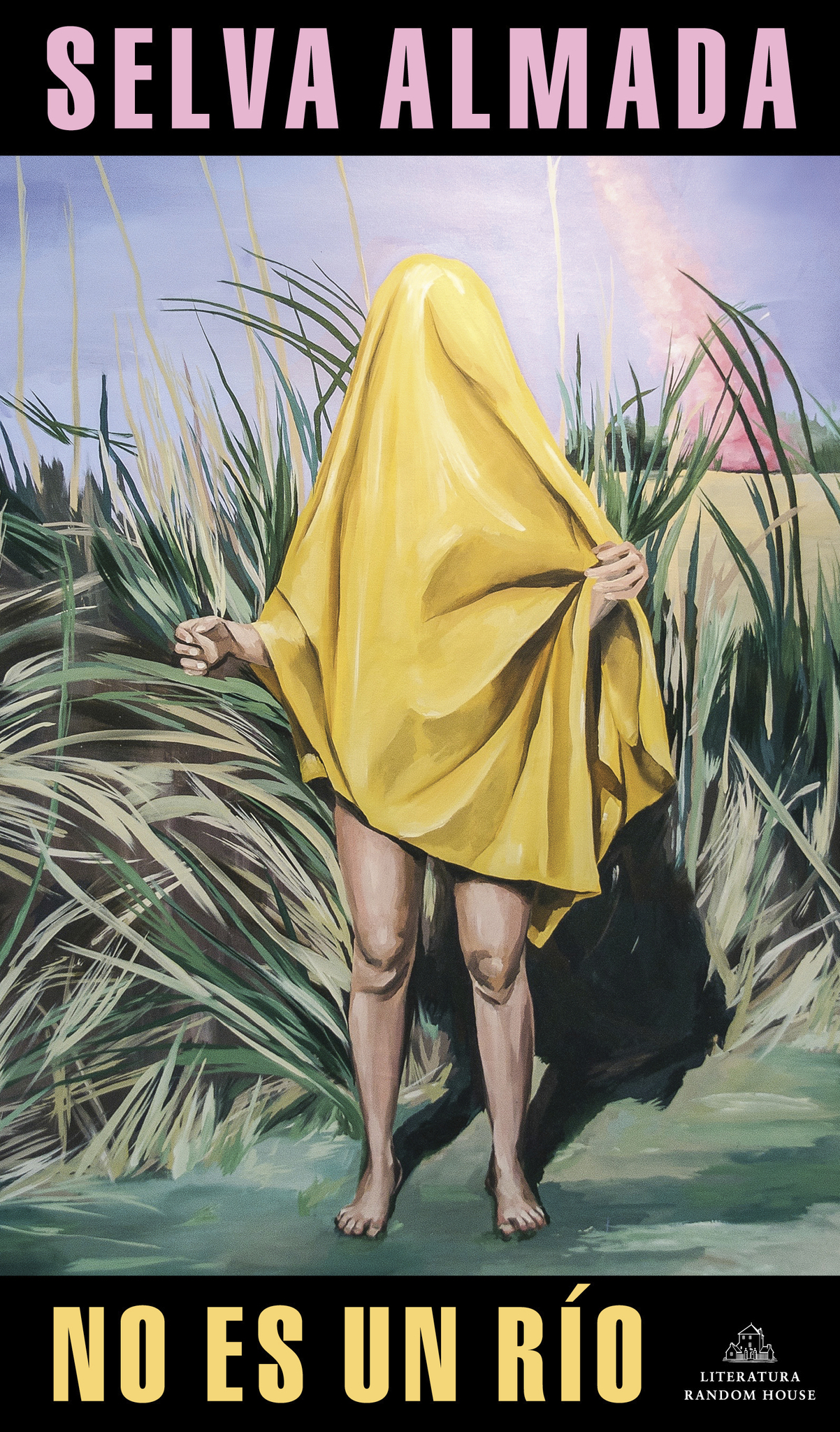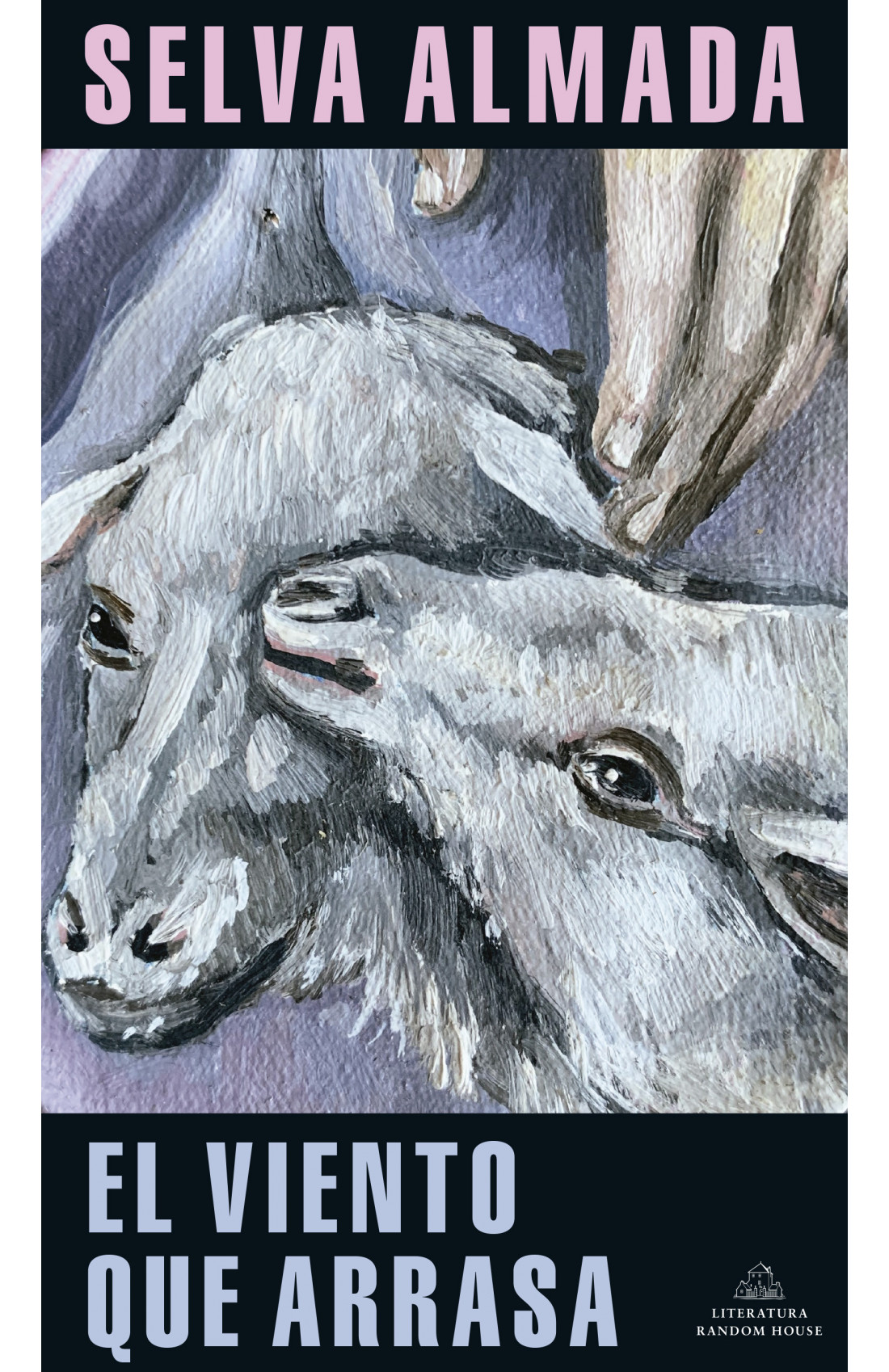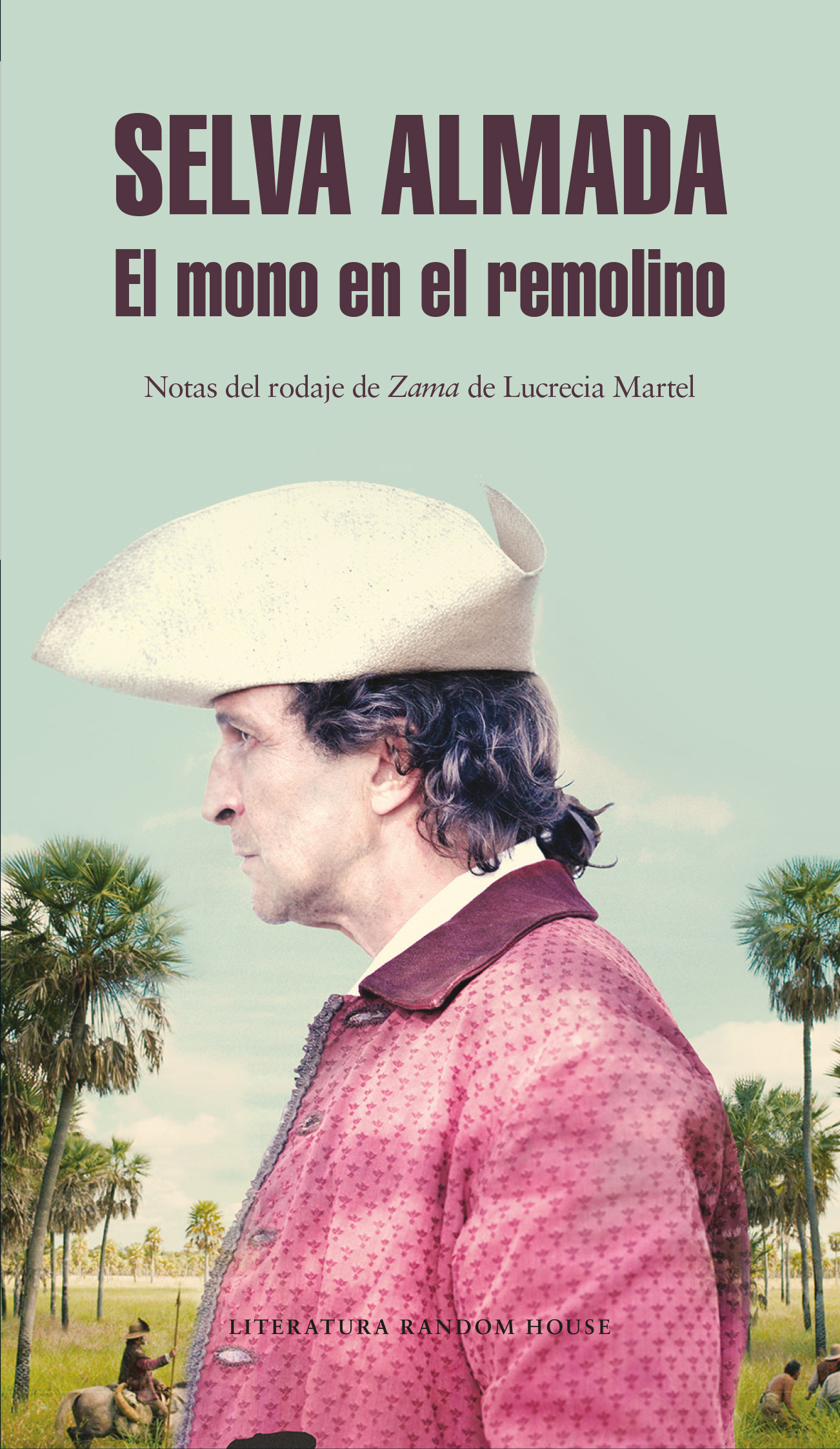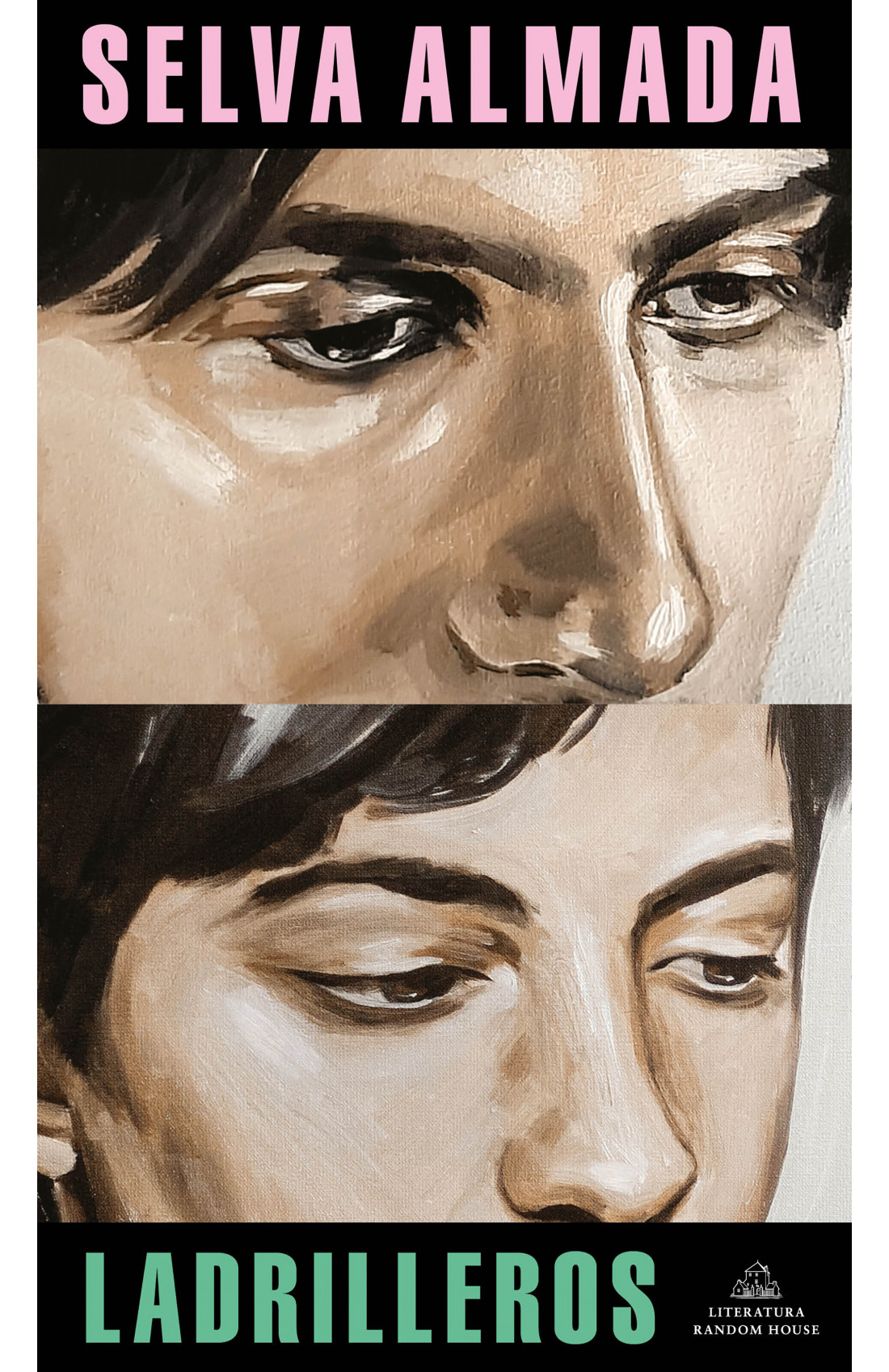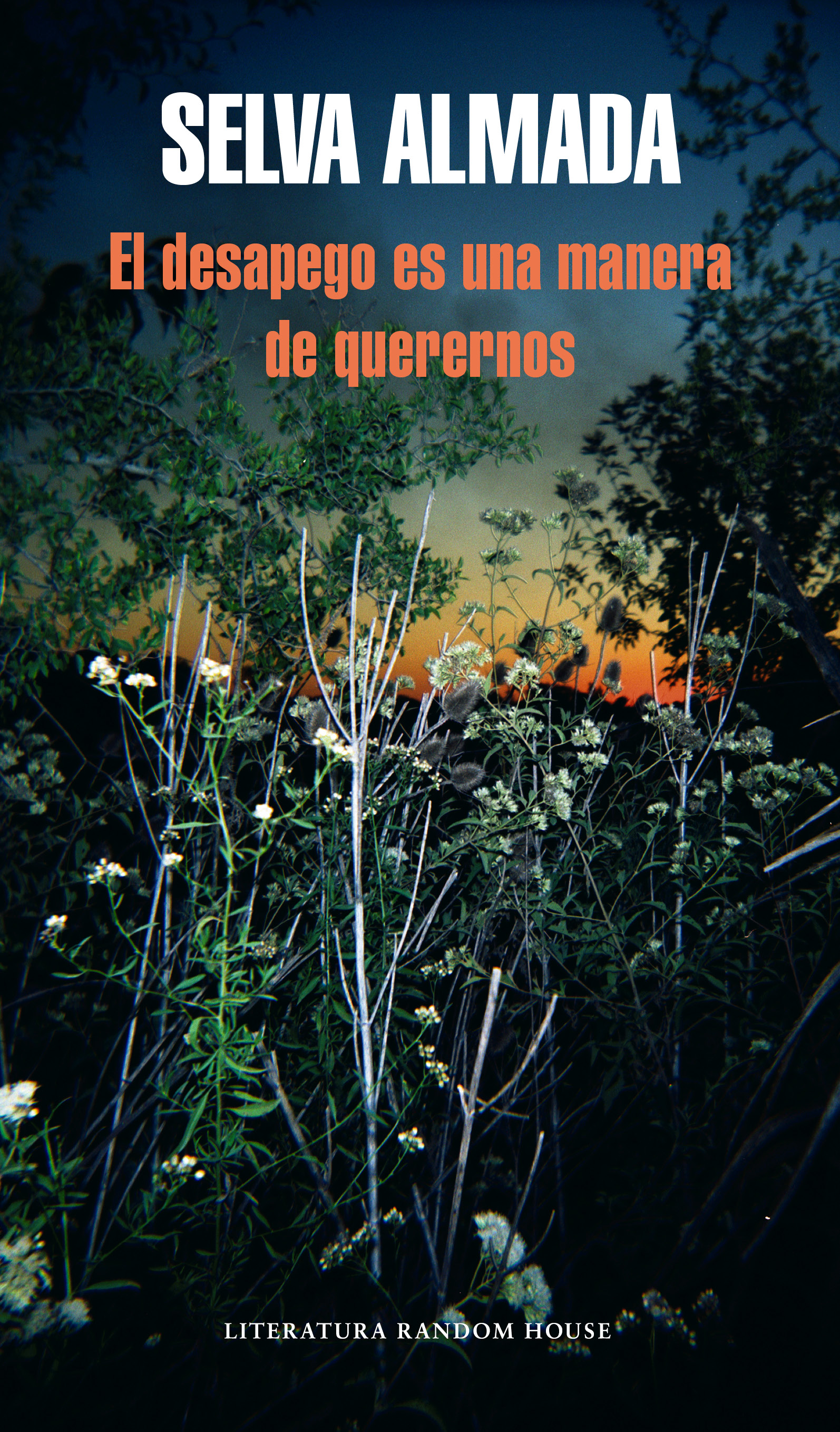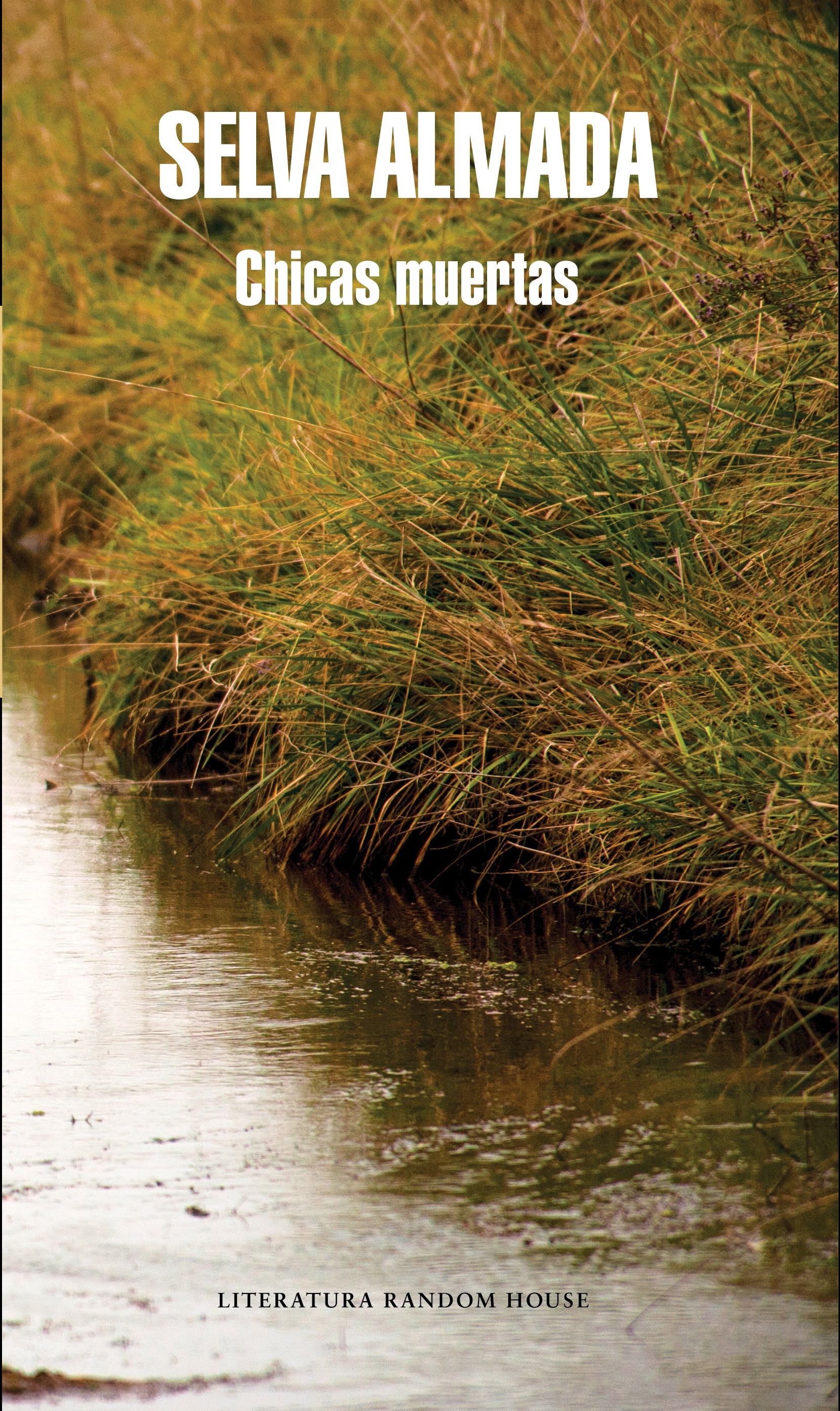
Dead Girls (Chicas muertas)
Published by
Spain Random House / France Editions Métailié / UK Charco Press / Turkey Verita Kitap / Portugal Dom Quixote / Brazil Todavia Livros / Norway Camino Forlag / Netherlands Uitgeverij Vluegels / Italy Polidoro
TV series rights sold
Finalist of the Rodolfo Walsh Prize for the best non-fiction work of black genre, Semana Negra de Gijón
Three small-town teenage girls murdered in the 1980’s, three unpunished deaths that occurred before the word “femicide” was coined.
Three murders among hundreds that do not make the front page or draw the cameras of the Buenos Aires TV channels. Three cases that come in in disorderly manner: they are announced on the radio, they are commemorated in a small-town paper, someone recalls them in a conversation. Three crimes that took in Argentina outside the great cities while the country was celebrating the return of democracy. Three deaths with no guilty parties.
Following the success of The Wind That Lays Waste, Selva Almada dives into the heart of this problem with a reported novel, comparable to Truman Capote’s In Cold Blood or John Hersey’s Hiroshima, in response to the urgent need for attention to the ongoing catastrophe that is femicide. Not a police chronicle, not a thriller, but a contemporary noir novel that lives in the hearts of these women and the men who have abused them. Almada captures the invisible, and with lyrical brutality, blazes a new trail in journalistic fiction.
Dead girls is listed among the best books published in 2020 by independent publishing companies, according to The Guardian.
Chicas muertas is, besides being useful, literature in a state of grace. Luisgé Martín, Babelia, El País, España
A tense, precise, chronicle that treats seriously a still serious subject. El Cultural, Spain
Far from the detective story, this is an intimate tale, a certain negative of the autobiography of a young woman looking at other young women and how all of them are perceived by a society where misogyny and violence against them is still an everyday affair. Página 12
The colloquial form of expression, the language of the people of the area where the stories unfold lives naturally side by side with a literary language of elegance and precision. Soledad Platero, El Pais, Uruguay
Almada reconstructs the experience of the people in the provinces with extreme precision, she discovers their rules and recreates their language by seeking out not only the sonority of their words but also the complexity of their meanings. Martín Lojo, ADN, Argentina.
The ever latent tension between the reality and the literature feeds this work which can be perceived as one of the greatest contributions to non-fiction in the recent past. Ideas de izquierda.org
She tracks silence as one of the cruelest forms of violence in small towns. MeGustaLeer, Argentina
Like Flannery O’Connor and Juan Rulfo, Almada fills her taut, eerie novel with an understanding of rural life, loneliness, temptation and faith. BBC Culture

